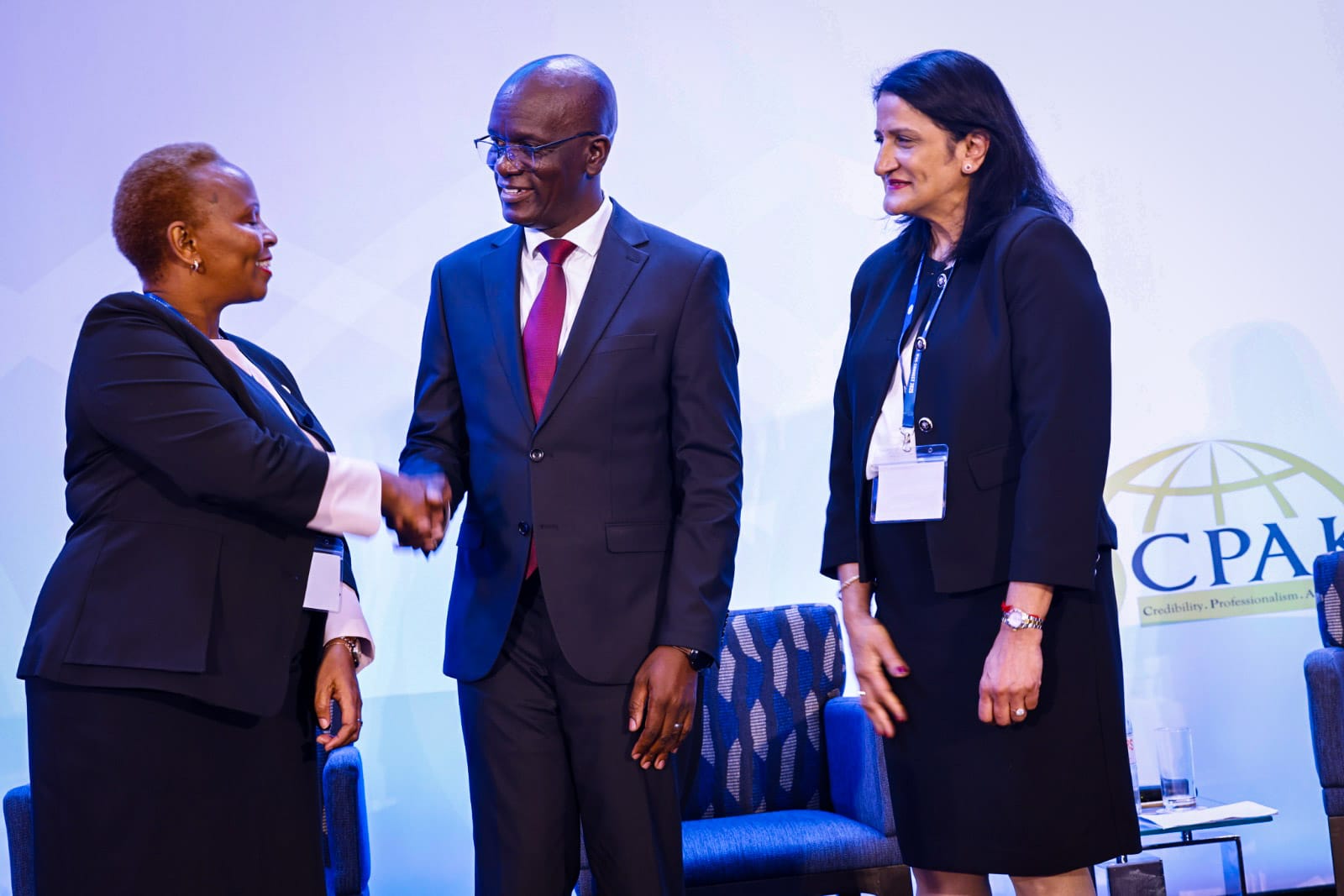
Kenya is aligning its regulatory environment with international best practice in a bid to attract investment and strengthen the country’s capital markets, principal secretary for economic planning Boniface Makokha has said.
In the plan, accounting regulatory bodies and the state will fast-track the adoption of globally accepted financial standards and increase transparency of operations for local entities.
Speaking at the IFA Connect Africa Forum 2025 in Nairobi, Makokha noted that the government remains focused on embedding sustainability in its economic agenda while positioning Kenya as a competitive investment hub in the region.
“We are aligning our regulatory environment with international best practice to attract investment and deepen our capital markets,” Makokha told delegates.
The PS said Kenya is working closely with global and regional professional bodies—including the International Sustainability Standards Board (ISSB) and the Institute of Chartered Accountants—to ensure that sustainability reporting and disclosures are transparent, comparable, and decision-useful for investors.
According to the PS, among the initiatives in the pipeline are reforms in public finance management aimed at improving the credibility and timeliness of government financial reporting, as well as mainstreaming green finance through tools such as climate budget-tracking and the green economy strategy.
Makokha stressed that partnerships with the private sector, development partners, and the accountancy profession are critical in driving transparency, accountability, and sustainable investments.
“Accountants, auditors, investors, and policymakers must lead this change. Building public trust and strengthening financial integrity are indispensable if Africa is to claim its place on the global sustainability map,” he said.
Chair of the Institute of Certified Public Accountants of Kenya (ICPAK) Elizabeth Kalunda, said Kenya has already made notable progress, with large listed and manufacturing companies beginning to adopt sustainability reporting frameworks.
“At ICPAK, we are reporting on sustainability ourselves and we have established a sustainability steering committee to bring stakeholders on board, the next phase is to engage SMEs, who form the backbone of our economy,” said Kalunda.
“While the process will require significant resources and sensitisation, it is about securing the future of businesses.”
The chair acknowledged that sustainability standards can be demanding, especially for smaller firms, but said efforts were underway to localise them for SMEs.
“Sustainability reporting is no longer optional—it is our passport to investment, to trust, and to being included in global discussions, for Africa, this is an opportunity to shape the narrative rather than just follow global standards.”
Speaking in Nairobi, International Federation of Accountants (IFAC) Chief Executive Officer Lee White said Africa was taking a leadership role in advancing sustainability reporting and assurance, an area traditionally dominated by developed markets.
“This is truly a global development, but one in which Africa and Kenya are taking the lead. We are seeing incredibly important first steps being taken, and I encourage Kenya to continue preparing for the transformation that sustainability reporting demands,” said White.
White noted that while financial reporting had evolved over decades, sustainability reporting was being fast-tracked under pressure from climate change and global investor demand.
This has created significant time pressure for professional accountants to adapt their skillsets, he said, urging capacity building and peer learning across the continent.
The two-day IFA Connect Africa Forum has brought together leaders in accountancy and finance from across the continent and beyond to deliberate on sustainability standards, professional ethics, anti-money laundering reforms, and talent development in the profession.












